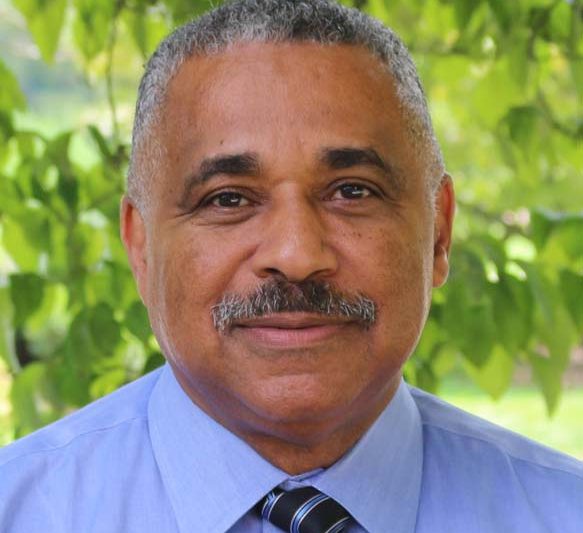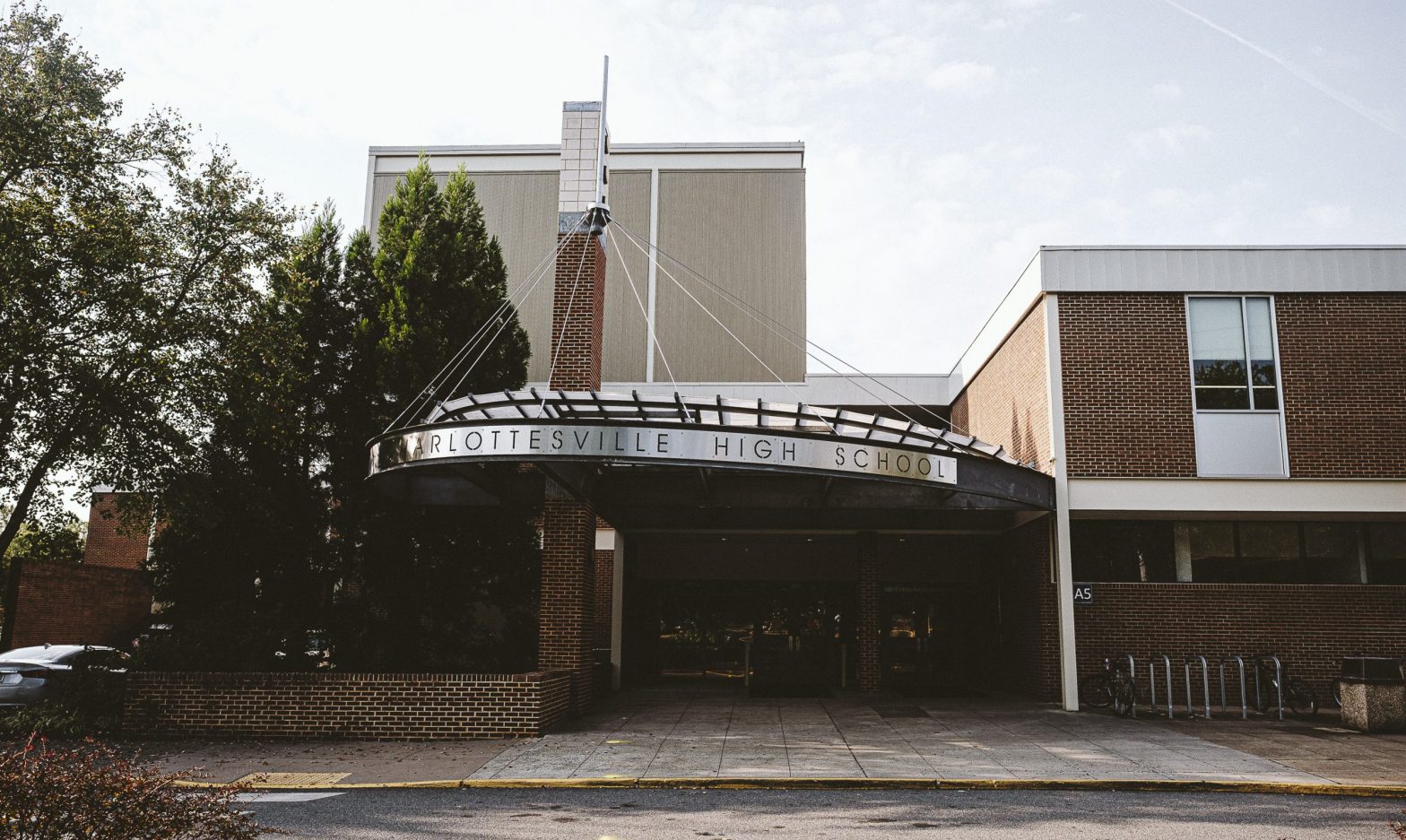Students returned to Charlottesville High School on Monday, November 27, after a series of fights spurred staff absences and a string of closures prior to Thanksgiving break. Charlottesville City Schools labeled the multi-day suspension of classes a “cultural reset.” The first day back went relatively smoothly according to interim principal Kenny Leatherwood, but he noted in a message to community members that improving the environment at CHS is not a “one-day fix.”
Even the weeklong break was not without incident—on November 21, CHS was evacuated due to a potential bomb threat. CCS Community Relations Liaison Amanda Korman said the evacuation was prompted by social media posts made by a student who “did not understand that they could be interpreted as a threat, and … regrets the posts.”
As part of the school’s “cultural reset,” students began their first day back with a school-wide assembly reiterating expectations and introducing Leatherwood to the student body. Additionally, several changes were made to the school’s safety procedures, including door and hallway coverage by faculty and staff.
Leatherwood mentioned in a post reflecting on the school day that numerous students were sent home for not attending classes, and this will continue in the future to ensure a safe and productive learning environment. While sending students home for non-attendance seems counterintuitive, Superintendent Royal Gurley says it’s a necessary, if not ideal, step.
“If a student is at school, they will attend class and cooperate with the staff,” says Gurley. “Sending students home is never our first choice, and when we do so, it’s part of an ongoing conversation with the family and student so that we can all mutually reinforce the school’s expectations.”
All students who were sent home will be scheduled for a student success meeting, according to the superintendent. Gurley says his preliminary meetings with students, parents, and guardians about disciplinary action have been “overwhelmingly positive” and that “people are … realistic that there is further work to do.”
For students with persistent problems at school, CCS will recommend alternative education arrangements. Options include the new Knight School, Lugo-McGinness Academy, and the Work Achieves Lasting Knowledge program.
The immediate changes at CHS may have improved conditions at the school, but the district continues to contemplate additional safety improvements and suggestions. Current considerations include adding more door safety technology, weapon detectors, and other staff recommendations.
Community members remain concerned about student and staff safety.
In a message to C-VILLE, a parent who wished to remain anonymous wrote, “Charlottesville High School has dedicated, excellent teachers who love Charlottesville High School and love the Charlottesville community. … Teachers, staff, and students deserve to feel safe in school.”
Shamia Hopkins, the parent of a student who has been suspended for her involvement in fights, expressed her frustration with conditions at the school and a lack of communication around brawls. “My child should not go to school with a headache when she wakes up in the morning, because she’s afraid that someone’s going to … try to do something that’s gonna ruin her chances of being able to progress in high school [and] into her college career,” Hopkins says. “They need to get more to the root of the situations when they happen.”
Community members will have an opportunity to learn more about changes at the school and provide feedback during a 6pm meeting with the Charlottesville School Board and administrators on Thursday, November 30, at CHS.









